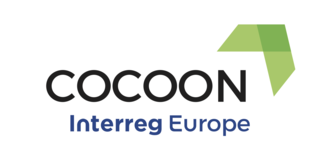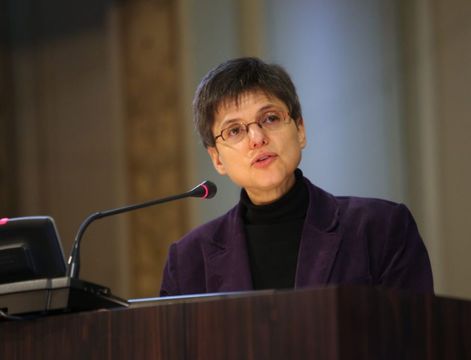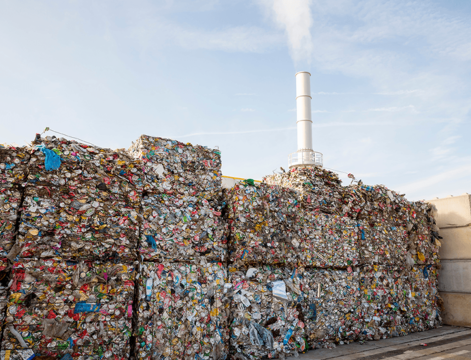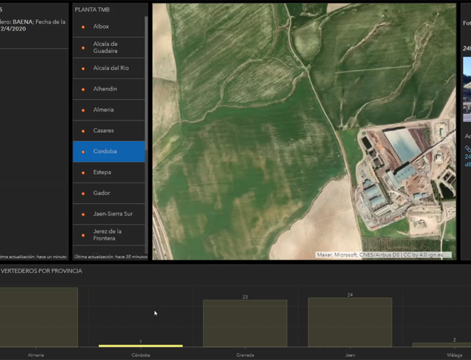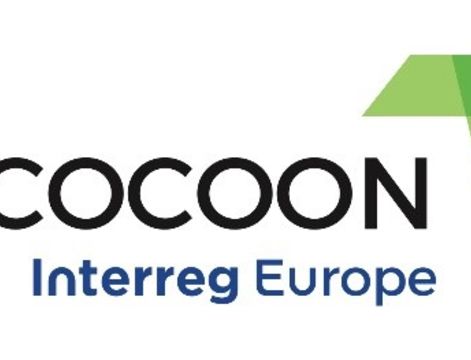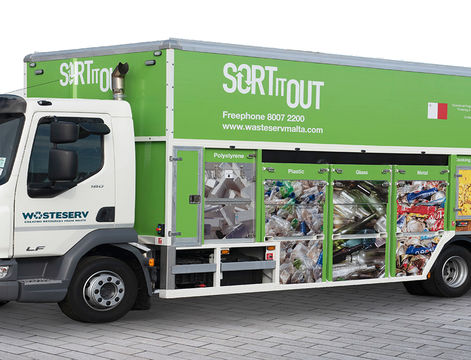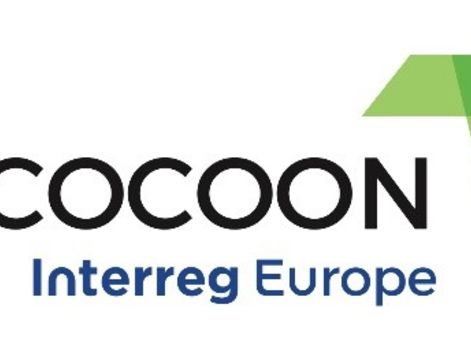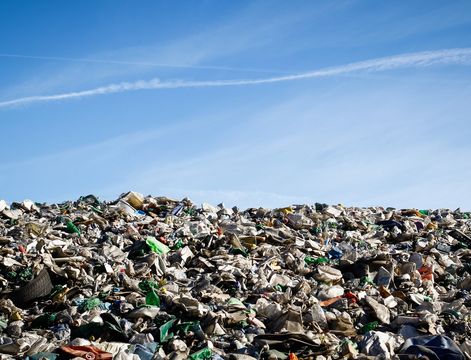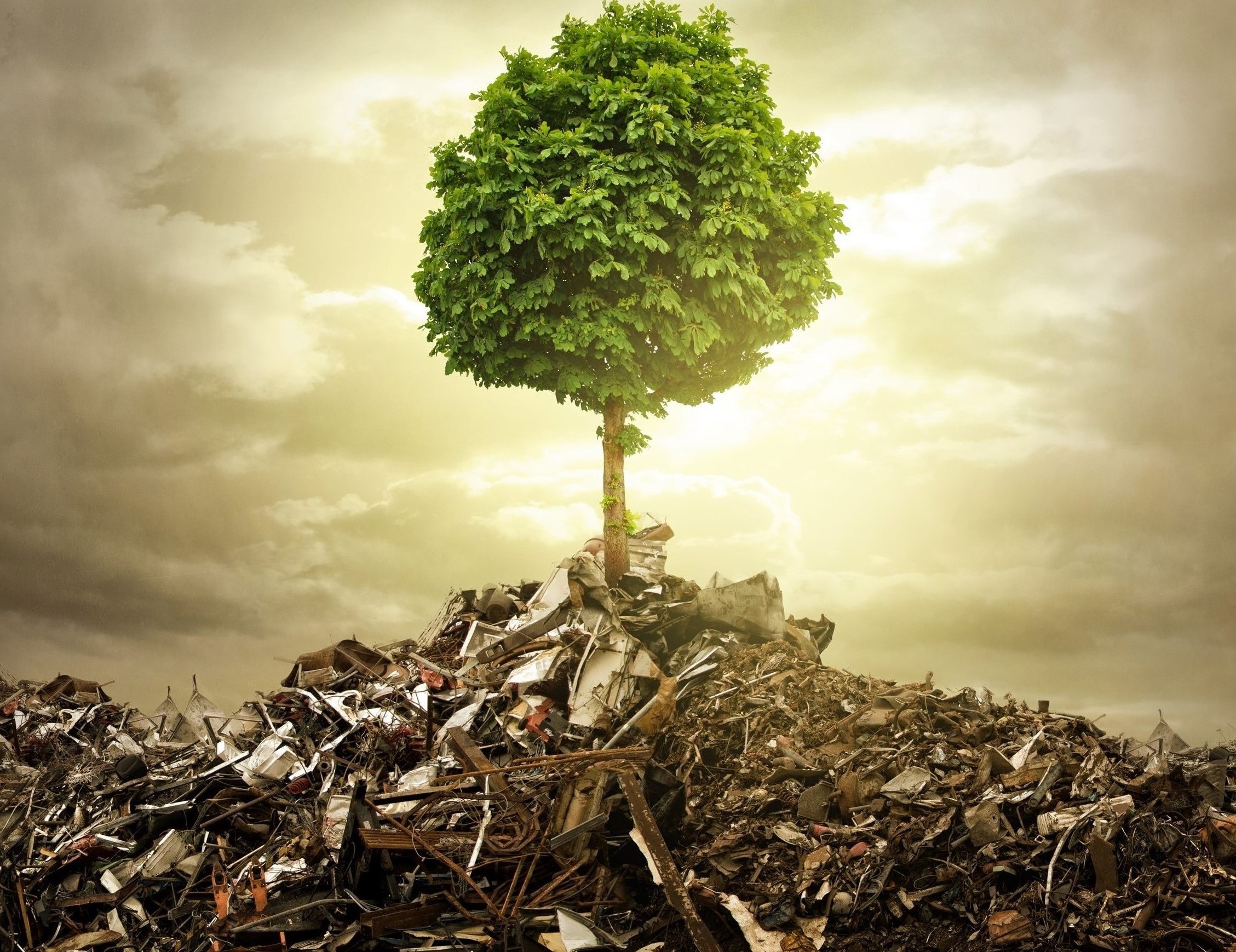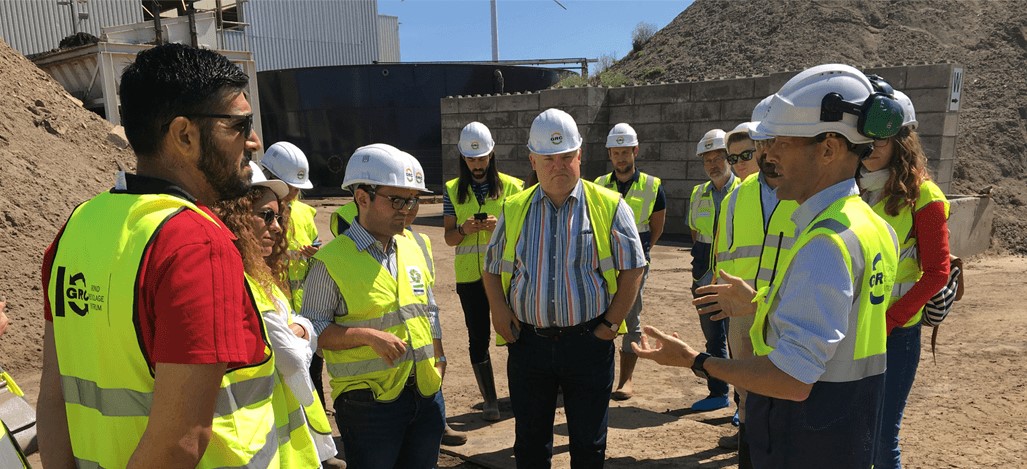Space is scarce in the Netherlands. The country is densely populated with an average of 500 inhabitants per km2. They strive for a dynamic spatial planning to protect their nature and agricultural soils for future generations. Their policy is to have a circular economy by 2050.
To achieve this, they need a new policy towards their closed and operational landfills. Is the everlasting aftercare policy for their landfills a guarantee for none risks for future generations?
With the latest financial crisis in Europe, funds for aftercare were under pressure. With climate changes and rising sea levels in a ‘Holland Waterland’ (a significant part of the country is situated under sea level), there are for example serious risks for flooding’s nearby landfills. With the triple helix (policy makers, academics and operators) they brought great minds together to have a fresh vision on these challenges. Questions to be answered are: What type of physical and chemical processes take place in a landfill? Can they steer and control these processes? Which innovative techniques can be used to innovate resources in closed landfills? Landfills are not filled with waste but with resources. How can we explore landfills?
COCOON is a perfect opportunity for the Netherlands to share their knowledge with the knowledge of their partners!
